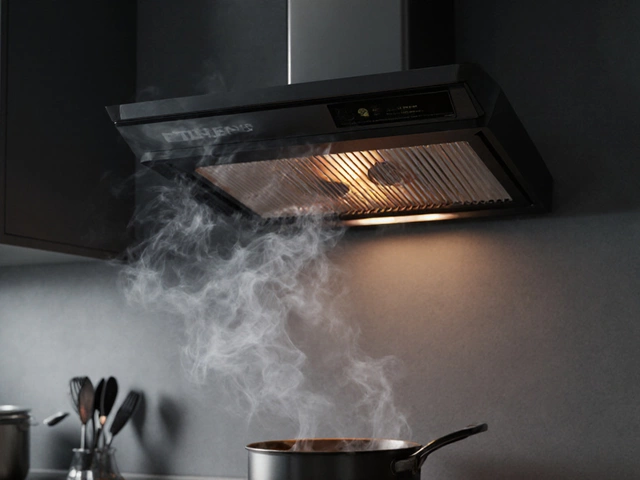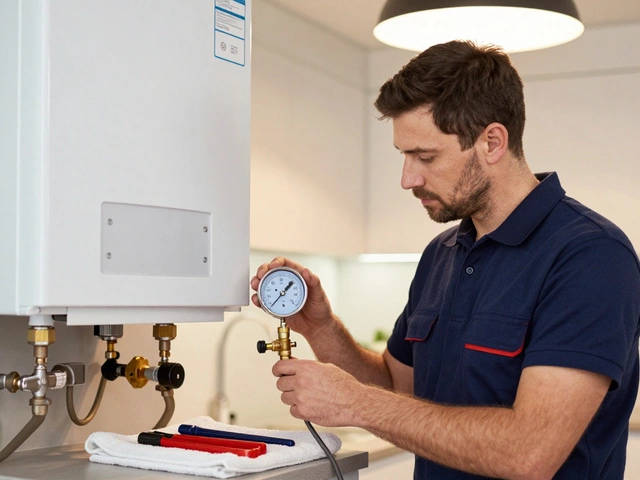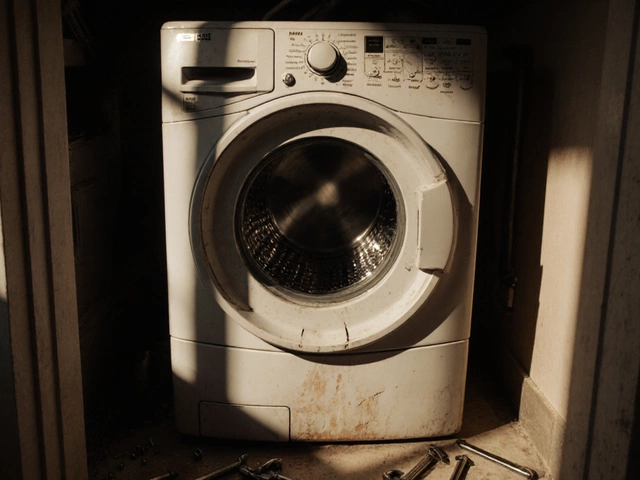Electric Oven Lifespan – What to Expect and How to Extend It
Wondering how many years your electric oven will keep working? Most ovens last between 10 and 15 years, but that number can shift a lot depending on how you use and look after it. Knowing the main factors that wear down an oven helps you plan repairs, avoid surprise breakdowns, and decide when it’s smarter to replace rather than keep fixing.
Key Factors That Influence Oven Life
First off, the brand and model matter. Higher‑end ovens often use sturdier parts, so they tend to outlive cheap models. Second, how often you bake matters. Running the oven every night adds heat cycles that can fatigue the heating elements and control board faster than occasional use.
Temperature is another hidden culprit. Cranking the oven to 500 °F (260 °C) every time speeds up wear on the thermostat and seals. If you regularly cook at very high heat, expect a shorter lifespan.
Electric supply quality can also play a role. Power spikes or frequent outages stress the oven’s wiring and electronic components. Using a surge protector or having a qualified electrician check your wiring can save years of life.
Finally, proper cleaning makes a big difference. Grease splatters left to bake on the interior can cause the heating elements to overheat, while built‑up grime on the door seal leads to heat loss and extra work for the thermostat.
Practical Tips to Keep Your Oven Going Strong
1. **Wipe spills right away.** A damp cloth after each use prevents baked‑on messes and protects the heating elements.
2. **Check the door seal.** If the rubber gasket feels cracked or doesn’t close tightly, replace it. A good seal keeps heat inside and reduces strain on the thermostat.
3. **Don’t overload the racks.** Stacking heavy trays forces the oven to work harder to reach the set temperature, wearing out the heating coils sooner.
4. **Use the right bakeware.** Glass or metal pans are fine, but thin, cheap foil trays can melt and damage the floor of the oven.
5. **Schedule a yearly check‑up.** A quick inspection by a qualified tech can catch a loose wire or a failing element before it causes a total shutdown.
When you notice warning signs—like the oven taking much longer to heat, uneven baking, odd smells, or error codes—it’s time to call a pro. Minor fixes, such as replacing a heating element, usually cost between £80 and £150, while a full control board replacement can climb to £300‑£400.
If repair costs start to approach the price of a new oven (often £500‑£1,200 for a decent mid‑range model), weigh the age of the appliance. An oven over 12‑15 years old with recurring issues is usually better replaced.By following the simple maintenance steps above and paying attention to how your oven behaves, you can push its lifespan toward the higher end of that 10‑15‑year range. A well‑kept oven not only saves you money but also keeps your meals tasting great.
Bottom line: know your oven’s age, keep it clean, avoid extreme temperatures, and get regular professional check‑ups. Doing these things gives you the best shot at a long, trouble‑free cooking life.






